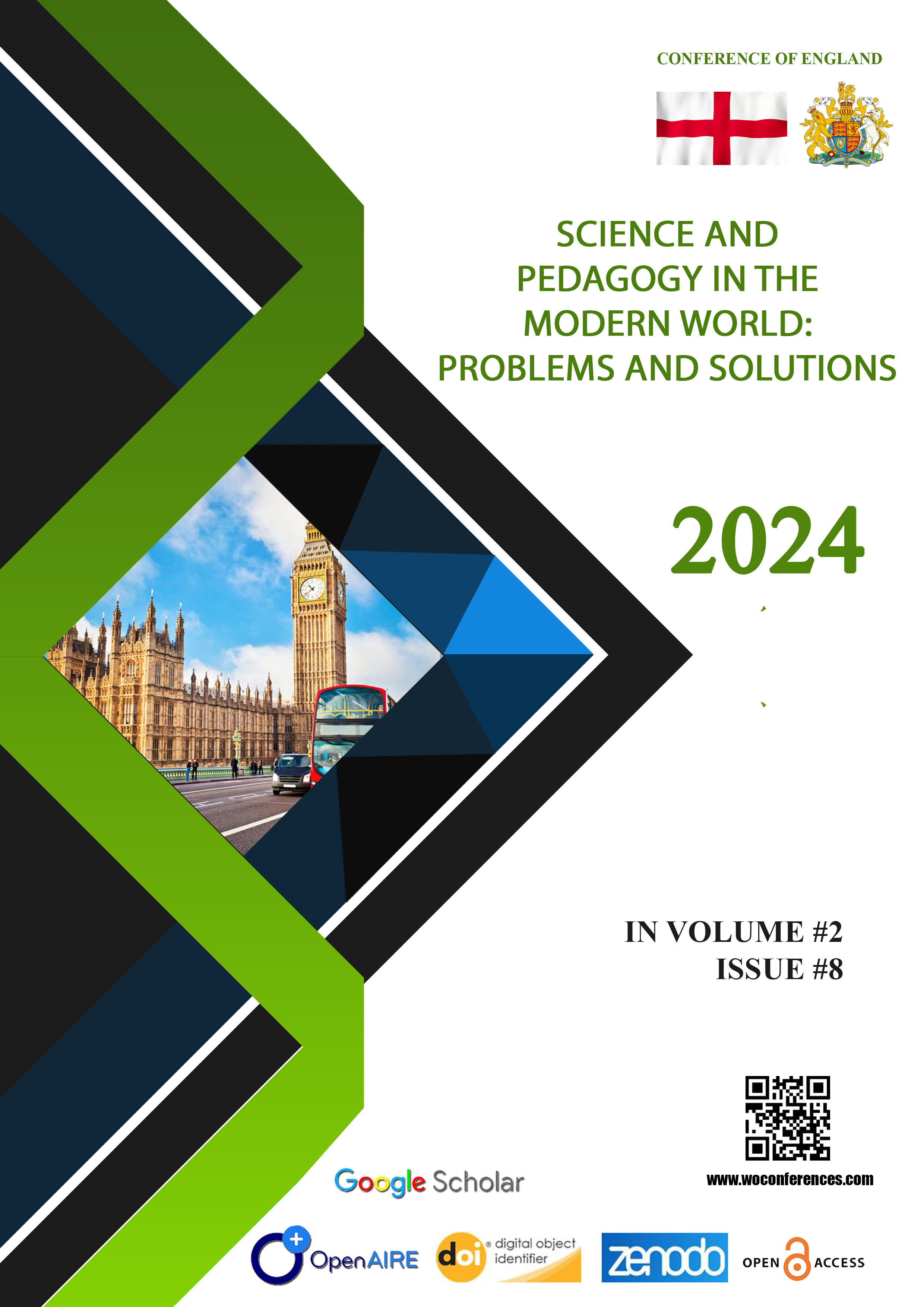PERCEPTION AND ITS ESSENCE
Keywords:
Keywords. Theory of knowledge, sensation and thought, mental activity, neuropsychology, Plato, Aristotle, Descartes, Kant, Hegel, Farabi, Ibn Sina, Ghazali, Beruni, Navoi, critical thinking, global information space, youth worldview.Abstract
Abstract. The article analyzes perception and its essence from philosophical and psychological perspectives. The views of thinkers from antiquity, European philosophers, and Eastern scholars on this issue, along with their definitions of the concept of perception, are comparatively examined. Furthermore, the role perception plays in the life of the individual and society, particularly in the formation of youth consciousness, is illustrated through examples, and its new facets in the context of today's globalization and digital media are demonstrated.
References
. Aristotle. De Anima (On the Soul). – Oxford: Clarendon Press, 1986. – 297 p.
2. Descartes, R. Meditations on First Philosophy. – Cambridge: Cambridge University Press, 1996. – 132 p.
3. Kant, I. Critique of Pure Reason. – Cambridge: Cambridge University Press, 1998. – 785 p.
4. Forobiy, A. Fozil odamlar shahri. – Toshkent: Ma’naviyat, 2000. – 180 b.
5. Al-Ghazali. The Incoherence of the Philosophers. – Brigham Young University Press, 2000. – 248 p.
6. Oxford English Dictionary. Entry: “Perception.” – Oxford: OUP, 2020. – [Elektron resurs]. URL: https://www.oed.com/view/Entry/139880
7. UNESCO. Global Citizenship Education: Preparing Learners for the Challenges of the 21st Century. – Paris: UNESCO Publishing, 2020. – 98 p.
8. Hegel, G. W. F. Phenomenology of Spirit. – Oxford: Oxford University Press, 1977. – 593 p.









